✈️FREE SHIPPING ON ORDERS OVER $199
Chief Joseph
Chief Joseph (1840-1904) was a leader of the Wallowa band of the Nez Perce Tribe who became famous in 1877 for leading his people on an epic flight across the Rocky Mountains. He was born in 1840 and he was called Joseph by Reverend Henry H. Spalding (1803-1874), who had established a mission amongst the Nez Perce in 1836. Young Joseph and his father soon returned to their traditional ways in their Wallowa homeland in Oregon. When Joseph grew up and assumed the chieftanship, he was under increasing governmental pressure to abandon his Wallowa land and join the rest of the Nez Perce on their reservation near Lapwai, Idaho. Joseph refused, saying that he had promised his father he would never leave. In 1877, these disputes erupted into violence and Joseph's band, along with other Nez Perce bands, fled across the Bitterroot Mountains into Montana, with federal troops in pursuit. Joseph was by no means the military leader of the group, yet his standing in the tribe made him the camp chief and the group's political leader. It was Joseph who finally surrendered the decimated band to federal troops near the Canadian border in Montana. Joseph and the tribe were taken to a reservation in Indian Territory in present day Oklahoma, where they remained until 1885 when they were sent to the Colville Reservation in North Central Washington. Joseph made several visits to Washington, D.C., to plead for a return to the Wallowa country, but his pleas were in vain. Joseph died in 1904 in Nespelem, Washington, of what his doctor called "a broken heart." His tomb remains in Nespelem today.
Reverend Spalding and Young Joseph
The boy who came to be called In-Mut-Too-Yah-Lat-Tat (sometimes spelled Hin-Mah-Too-Yah-Lat-Kekht or Heinmot Tooyalakekt) or, Thunder Rolling in the Mountains entered the world in 1840, somewhere in the beautiful and dramatic landscape centered on Wallowa Lake in northeastern Oregon. His father, Tuekakas (d. 1871), was the chief of the Wallowa Nez Perce band. They lived far from the main body of the tribe, which was across the Snake River in Idaho, but they reunited often to fish for salmon, gather camas roots, and socialize.
The Presbyterian missionary Rev. Spalding had arrived at Lapwai, Idaho, in 1836 to spread Christianity amongst the Nez Perce. Tuekakas was intrigued by Spalding and his white religion; Spalding baptized him and gave him the name Joseph. When his son came along, he was called Young Joseph. Young Joseph spent much of his earliest years at Spalding's mission, and probably attended some of Spalding's lessons. But he was too young to learn much English and when the boy was still small, Old Joseph (Tuekakas) had a falling-out with Spalding. His band returned to its old ways at Wallowa. Yet it became increasingly difficult to maintain the old ways of life. White miners and settlers began to encroach on their lands. Uprisings by other tribes across the Columbia Plateau had resulted in U.S. Army incursions, although Old Joseph managed to keep the Nez Perce at peace.
Treaties and Tragedies Following
In 1855, Old Joseph and Young Joseph attended a treaty council called by territorial governor Isaac Stevens (1818-1862) at Walla Walla. Stevens convinced the region's tribes that the best way to preserve their homelands from white encroachment was to sign a reservation treaty. The Nez Perce chiefs, including Old Joseph, signed it because the reservation included the band's Wallowa homeland and almost all of the other areas in present day Oregon, Washington, and Idaho where the band roamed.
Yet within months it became clear that the treaty was unenforceable. The settlers and miners kept coming. In 1863, federal authorities called another treaty council. Young Joseph attended as an observer. This time, many of the chiefs were alarmed at the provisions of the treaty. It called for giving up almost all of the tribe's lands, including the entire Wallowa country, in exchange for a small area around Lapwai and Kamiah. The government presumed that the Nez Perce wanted to settle down and become farmers, a notion that particularly appalled Young Joseph, who was passionately committed to his band's ancient roaming ways.
Old Joseph was equally disgusted. He, along with four other chiefs, refused to have any part of it and walked out. Some of the Christianized bands based at Lapwai and Kamiah remained at the council and one of their chiefs, named Lawyer ("because he was a great talker," said Joseph later) signed the treaty. The treaty gave away all of the Nez Perce lands outside that small reservation area, laying the foundations for tragedy to come.
The tribe was now divided between the treaty Nez Perce and the non-treaty Nez Perce. Old Joseph, defiantly non-treaty, went back to Wallowa and, in disgust, tore up the Bible that Spalding had once given him. By 1871, Old Joseph's health was failing. As he lay dying in his beloved Wallowa country, he gave his young successor advice on how to handle.
SHARE:
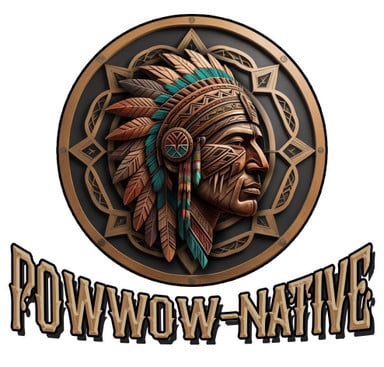
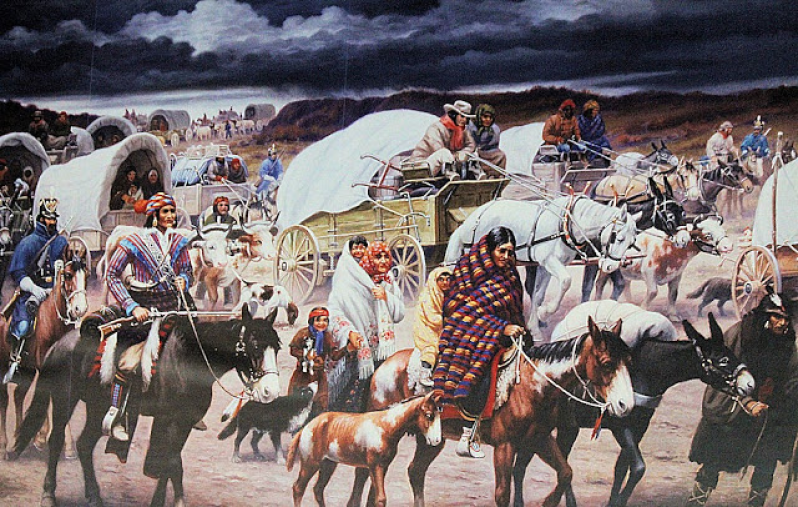
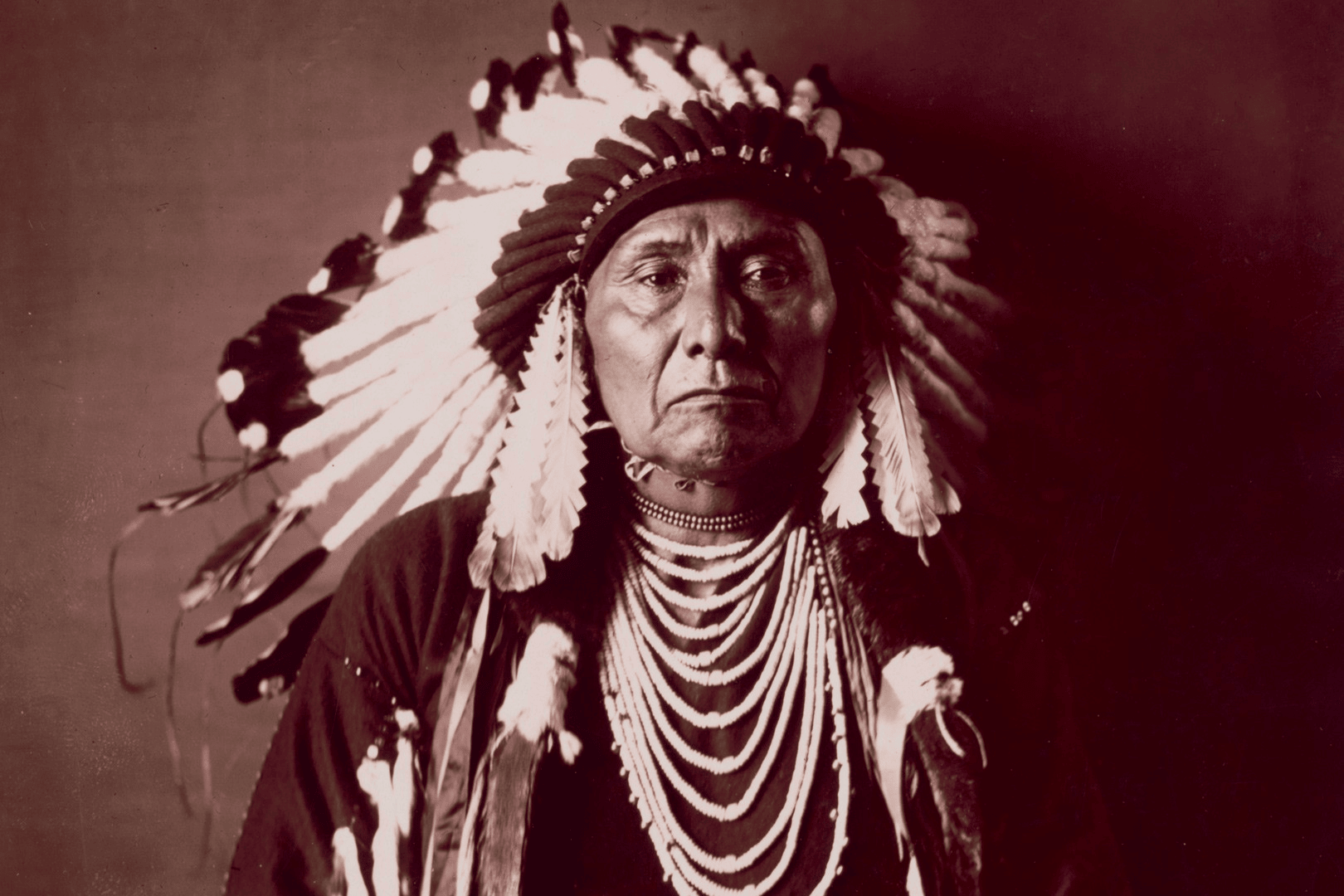
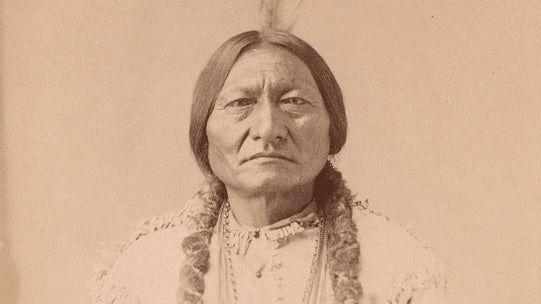
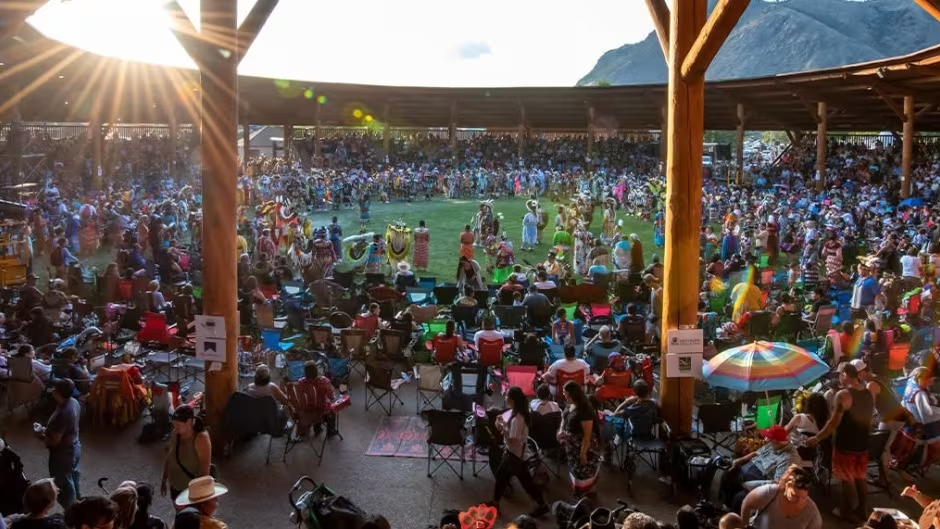

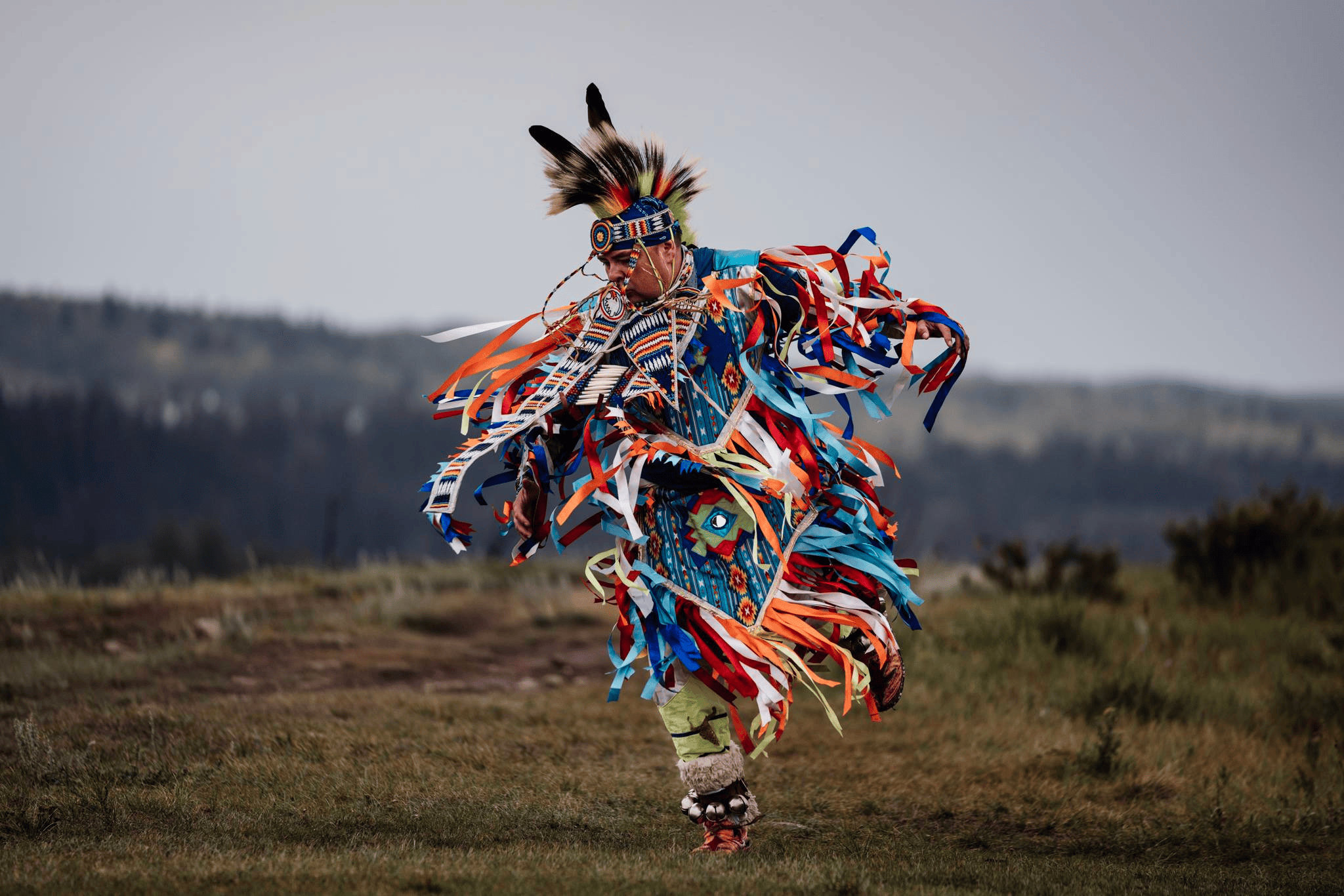

0 comment
Be the first to comment